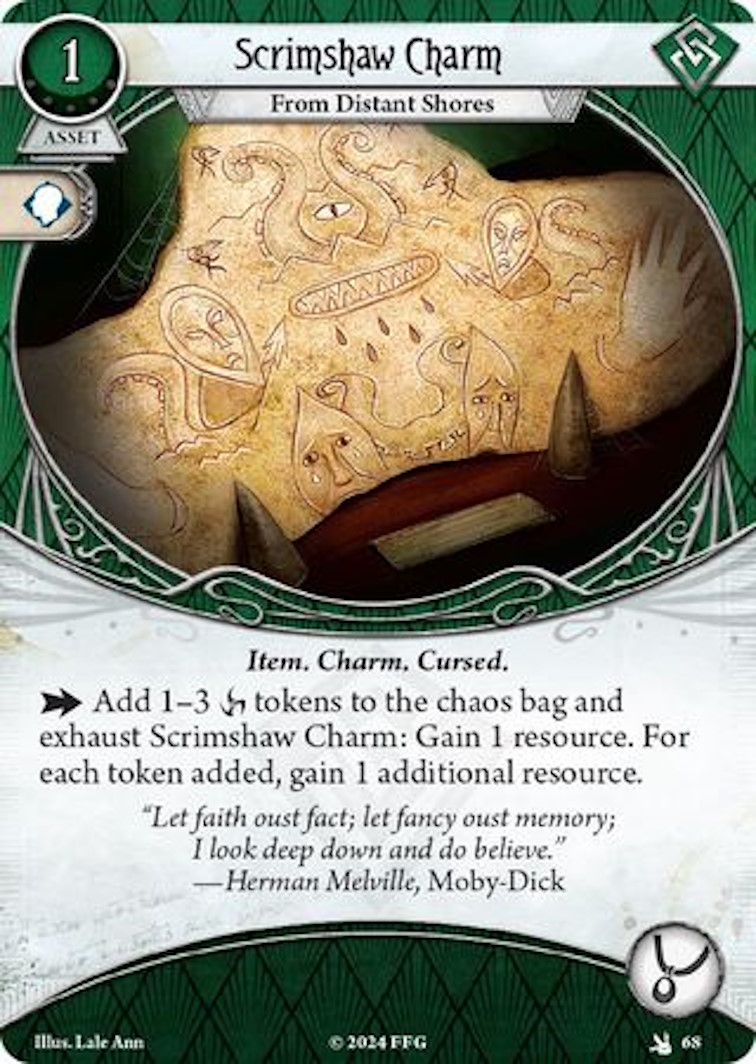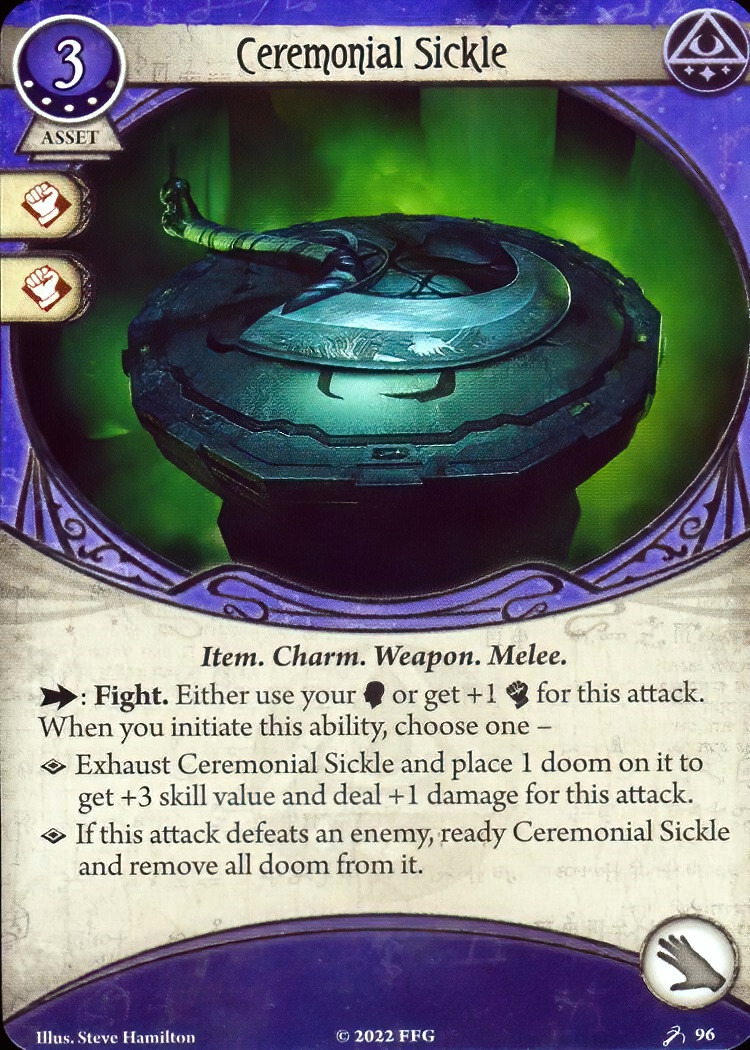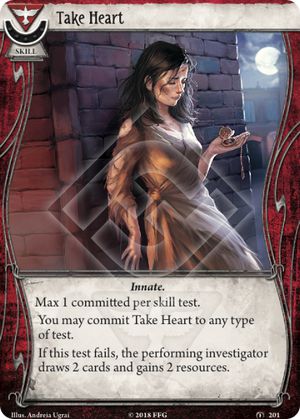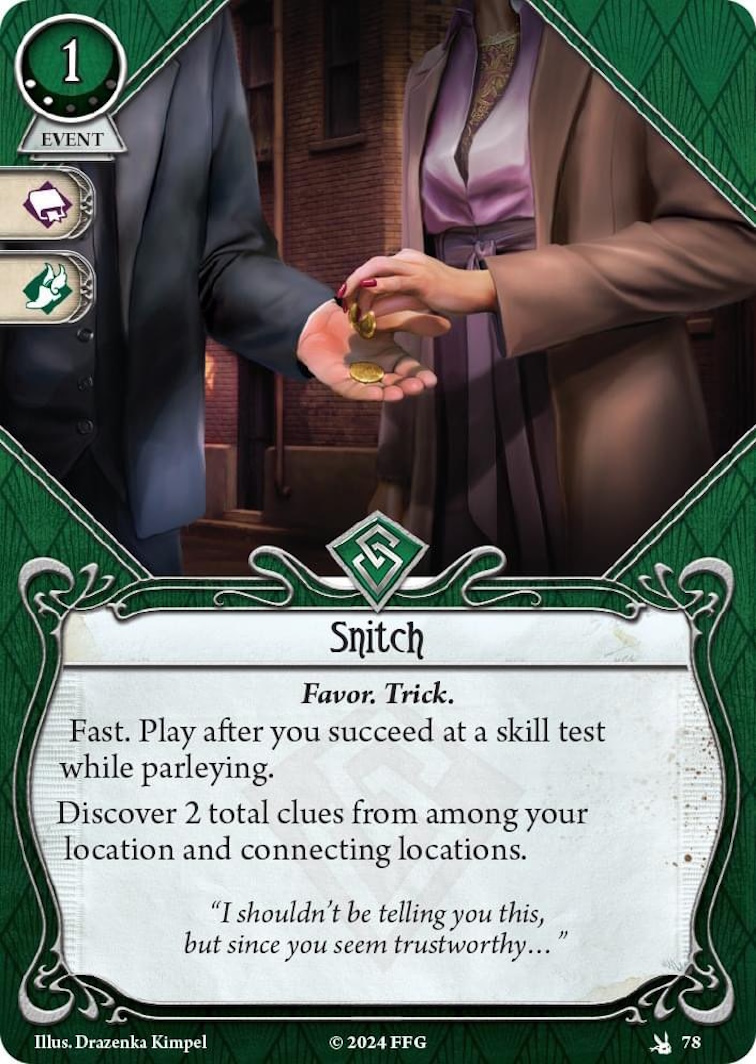
I suspect Parallel Jim Culver is going to be a fan of this. When you need you can tap for four resources and some extra fuel for your shenanigans. That much compression also makes your economy elastic enough to install any of the Cursed spell suite (Armageddon, The Eye of Chaos, Shroud of Shadows) to your rig from near-poverty. Bonus points if you're Fast sealing them on Favor of the Moon for even more payout over time. You can afford to give up some of the usual -boosting accessories on Jim with allies like Granny Orne or David Renfield in your spirit deck.



